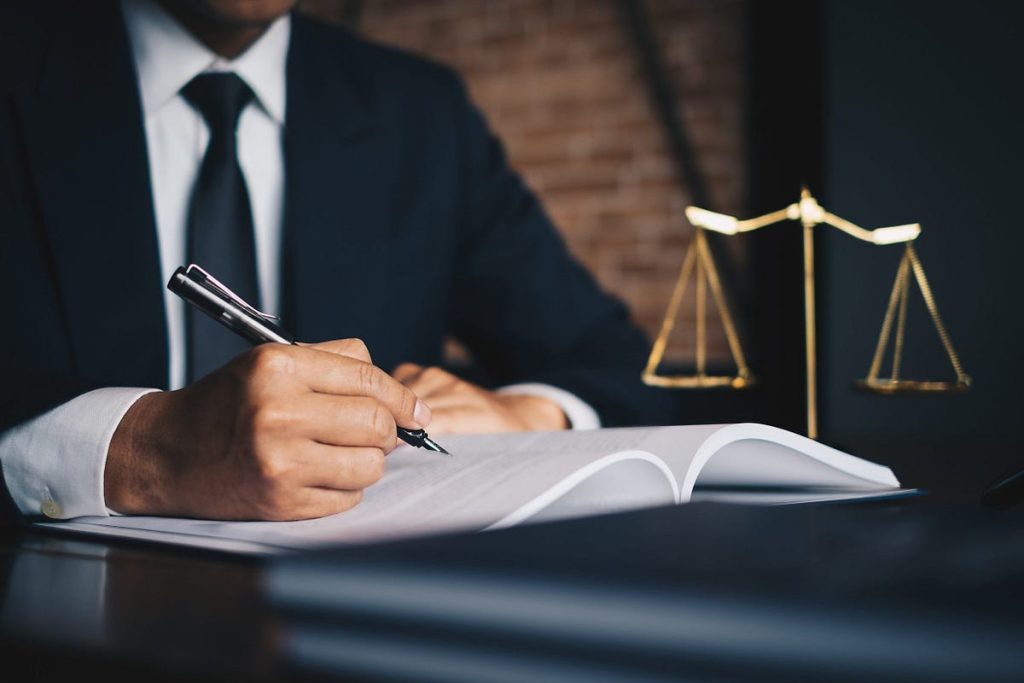
Attorneys are people who have passed the bar exam and can practice law. They can give legal advice, but they are also able to take part in legal proceedings in court.
The term attorney comes from the French word meaning “to act on behalf of.” The term is sometimes used as a synonym for solicitor.
Legal Advice
Legal advice is the opinion of a qualified attorney about your case. They will analyze the situation, ask pertinent questions and consult with their colleagues before deciding on a course of action. They will also review case law, laws and previous settlements in your specific state.
Legal information is what the law says about your case or subject matter. Anyone with knowledge can provide legal information and it does not establish an attorney-client relationship. Legal advice, on the other hand, is specific to your case and directly impacts your rights and responsibilities. Only licensed attorneys can give legal advice and it does create an attorney-client relationship.
A good way to determine if you need legal advice is to think about your specific case and what you’re worried about. There are many resources online that can help you get legal information including law schools, government agencies and low-cost non-profits. You can also find attorney directory sites to see which attorneys specialize in your particular issue.
Representation in Court
Licensed attorneys represent individuals in court proceedings and in other legal matters. Individuals without legal representation are known as pro se litigants. Representing yourself requires careful preparation. This includes completing forms that include instructions similar to tax forms and researching statutes, rules of procedure and case law that apply to your situation. It is also important to be on time to your hearings because the judge who will decide your case has a limited amount of time to hear all cases.
It is possible for someone to obtain an attorney on a contingency basis or by paying an hourly fee. In either case the attorney will be responsible for filings, appearances, motions and pleas. However, it is not ethical for an attorney to continue representing a client after the lawyer has previously represented another person in the same or a substantially related matter unless that former client consents to the new representation after being fully informed.
Document Preparation
A legal document preparer is an individual who creates official legal documents for a fee. These individuals may be found throughout the world and are often certified within the country, state or region in which they operate. These professionals are used by people who need to have their papers drafted but can’t afford to hire an attorney.
When drafting a legal document, it is important to know what purpose you are writing the document for. This will help you focus on the most relevant information to include in the document. It is also helpful to organize the document into sections. This will make it easier for the reader to follow and understand.
Another way to organize a document is to label each version. This will allow the reviewers to easily find the version that they are reviewing. This will also avoid confusion with multiple drafts of the same document. This can be done by using a numbering system or by adding a comment to the document.
Discovery
Discovery is the process during which parties to a lawsuit request information about evidence that supports or opposes their claims and defenses. This allows each party to see what will be used at trial and determine if they can settle the case out of court. Discovery tools include depositions, interrogatories and requests for admissions.
Virtually any matter that might be relevant to a dispute can be discovered, though courts have limited what is considered private and may not pry into matters such as a person’s health or body issues, sexuality, religious beliefs, immediate family relationships and so on. Attorneys are skilled at navigating this process, limiting the questions asked and protecting their clients.
Discovery can be done orally or in writing and fees for written discovery are custom-priced on a case-by-case basis. During oral discovery, a witness or party is questioned under oath in a conference room with attorneys present. Other discovery devices are interrogatories (written questions that must be answered under oath) and requests for admissions, where one party asks the other to admit certain facts during the trial to save time.Anwalt